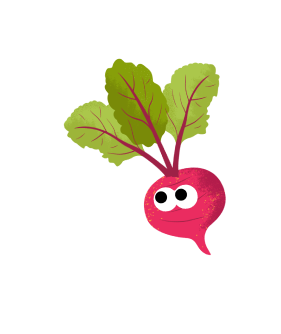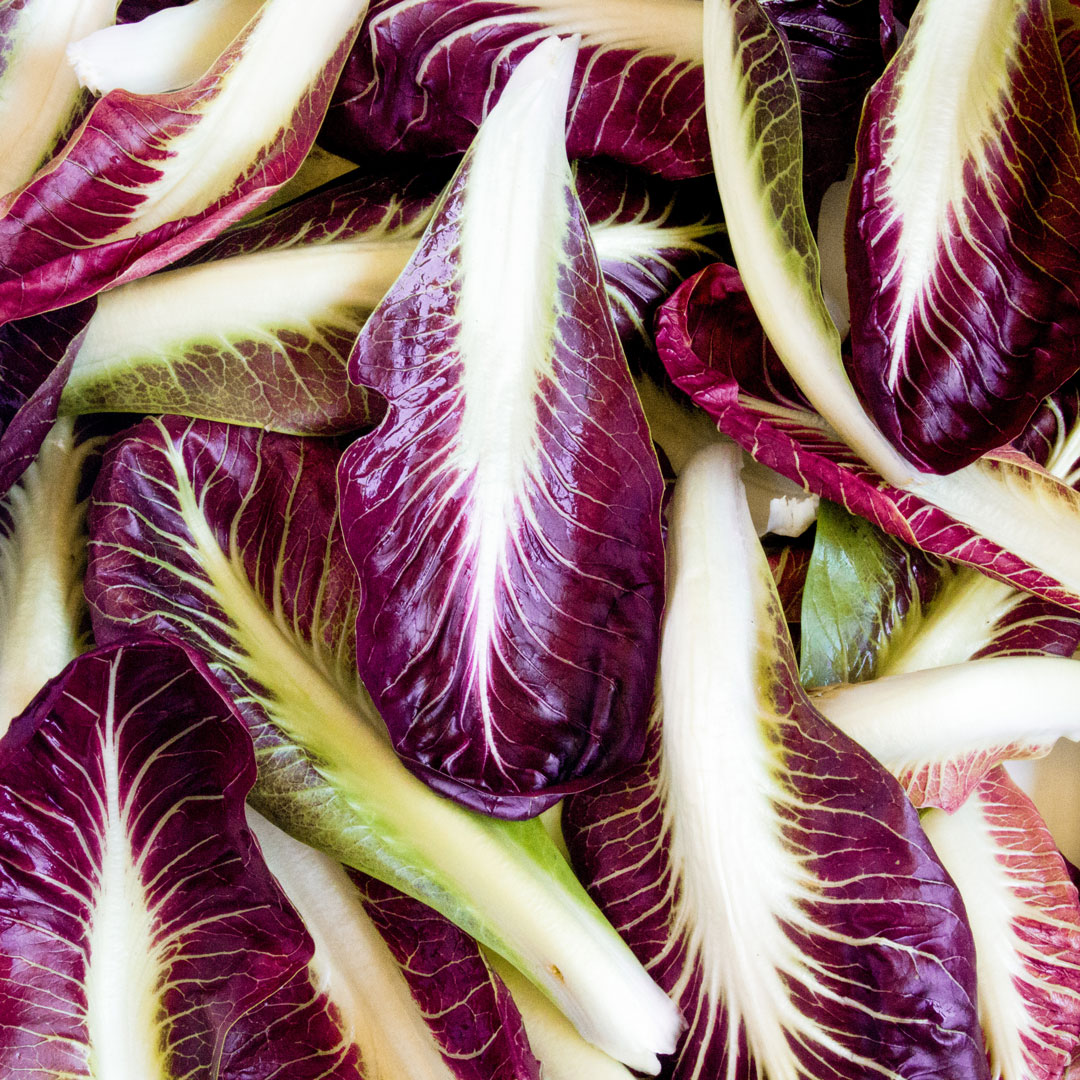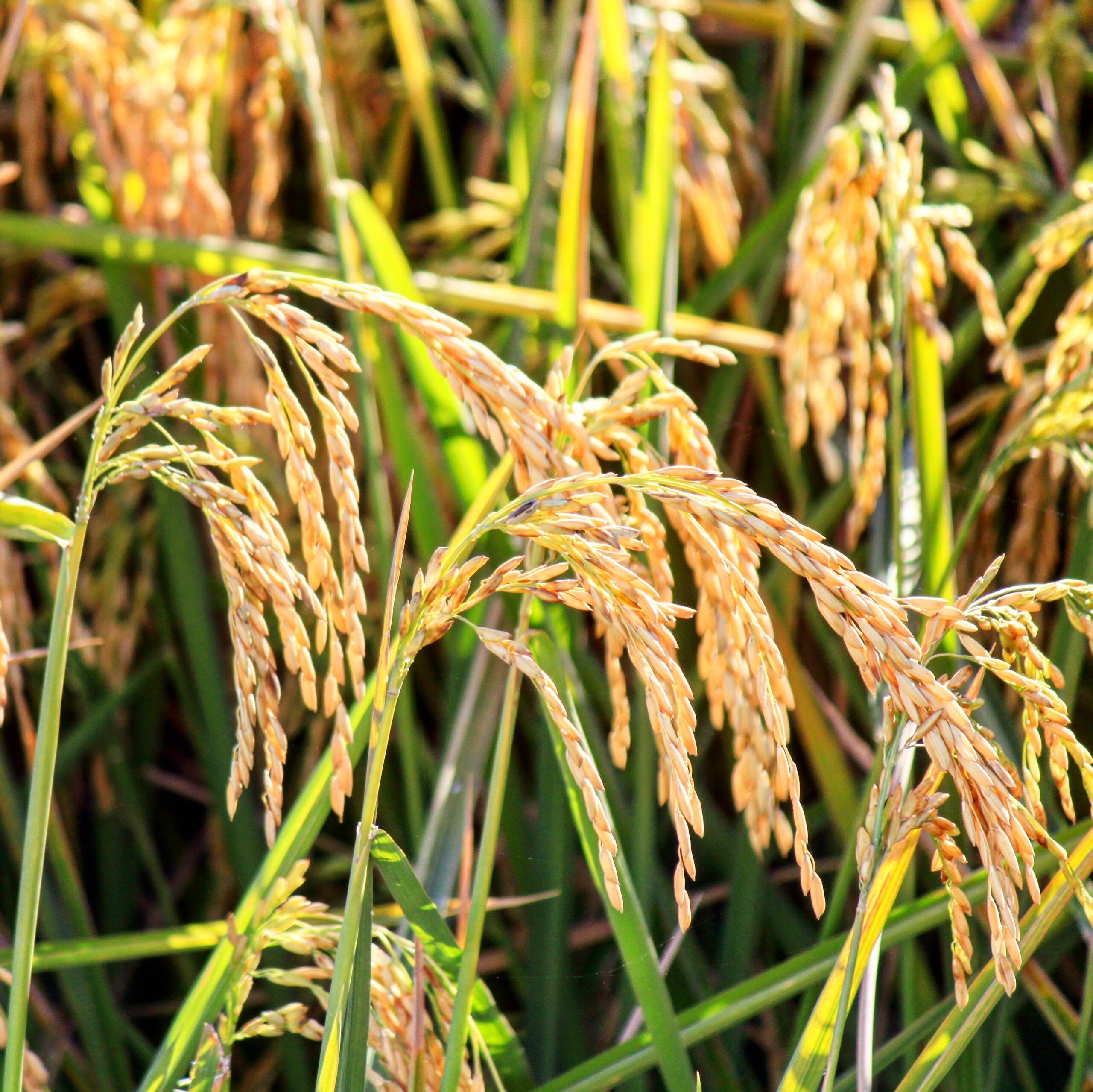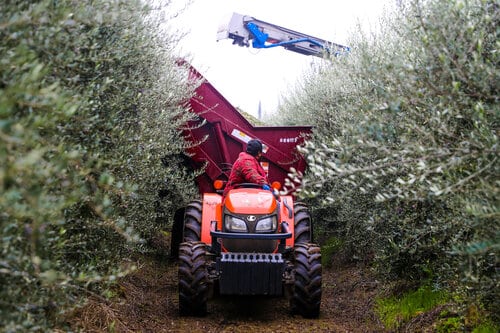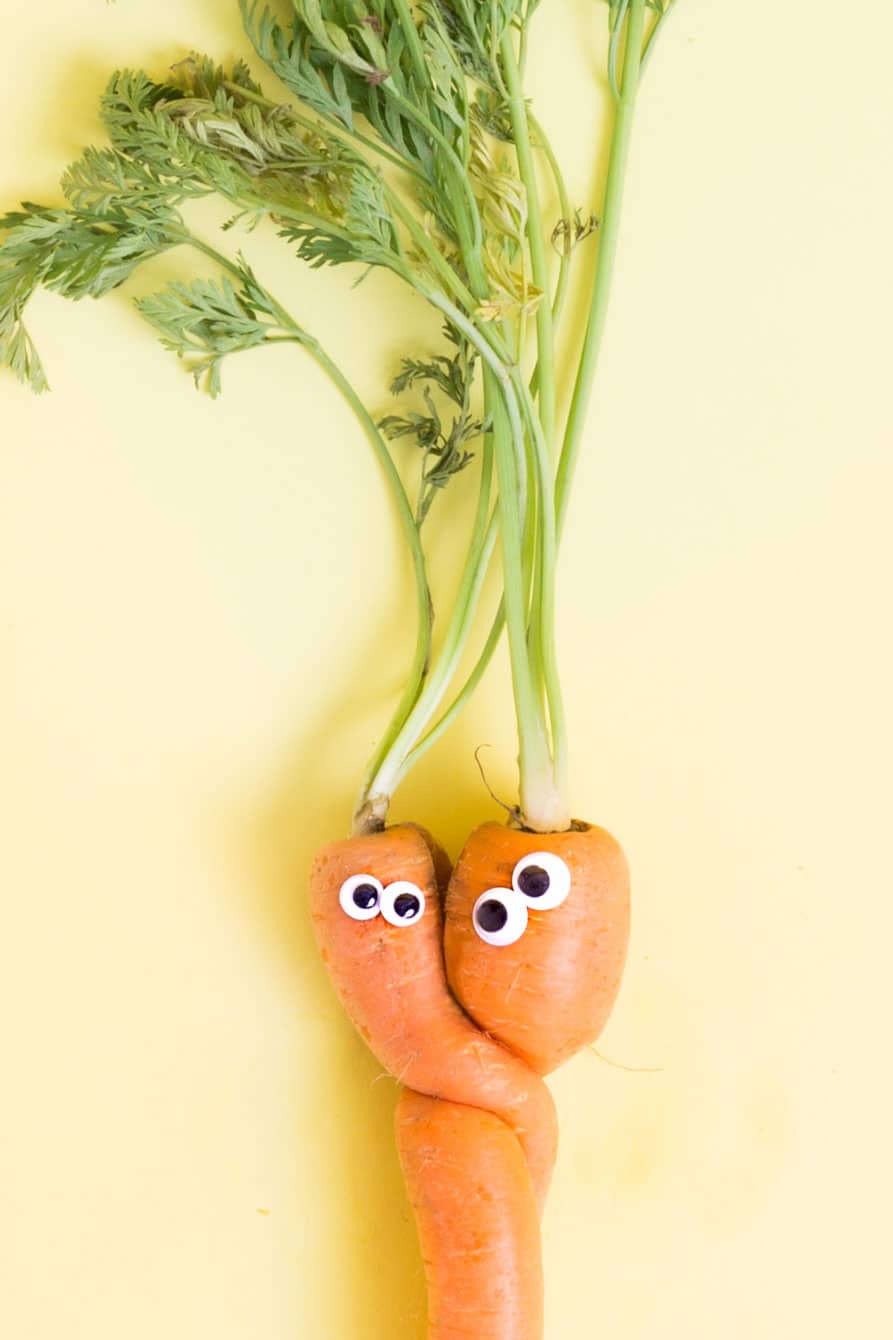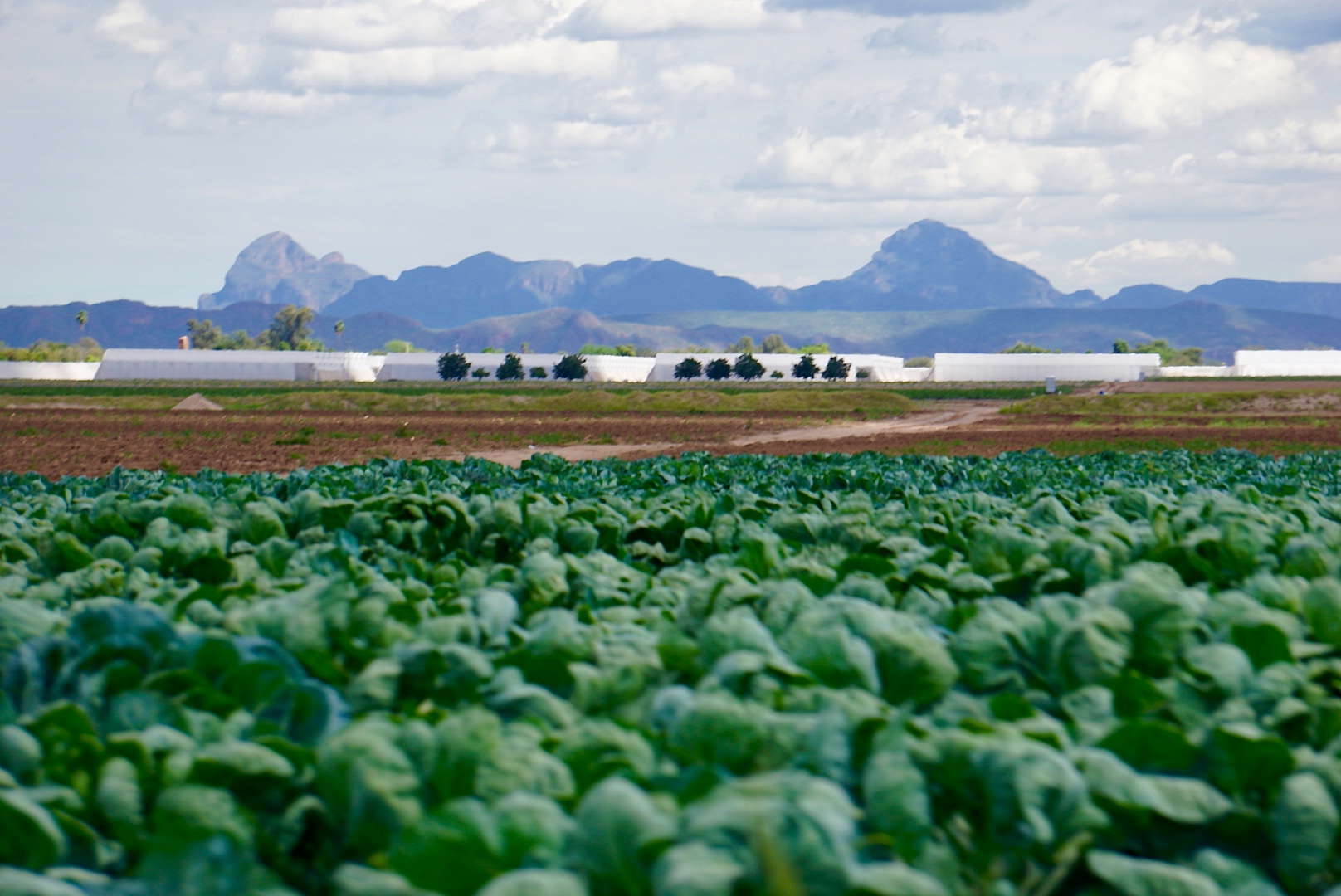Surplus Produce
It goes without saying that farming is an incredibly tough job, with seemingly endless variables to account for. It’s almost impossible to have a steady crop yield that’s timed perfectly to market demand. This means that there is often a mismatch between what farmers have ready to harvest in their fields and what buyers are prepared to order. This tends to result in what’s known as surplus produce – produce that’s at risk of going to waste.
At Imperfect Produce, we buy up surplus produce so that it can find a happy home in your kitchen. As a part of our effort to share the journey that our produce takes from a farm to your table, we put together this guide to better understand what causes surplus produce.
Overplanting
In order to mitigate the natural risks, farmers overplant their crops so to maximize their chance to fill every order. When things go right, however, the overplanted crops can be difficult to sell.
Seasonal bounty meets steady demand
The seasonal nature of harvests means that certain types of produce are available en masse some times of the year, and more scarce at others. Buyers, on the other hand, tend to want roughly the same amount of produce year-round. This means that when a crop is harvested, it can be difficult to find buyers for the full yield.
Weather induced harvests
Farmers attempt to create a steady stream of supply by planting in staggered waves, however the weather can foil even the most carefully laid of plans and cause produce to require harvesting all at once.
Retail requirements
From the cosmetic imperfections we talk about a lot (size, shape, color) to other retailer mishaps like a packaging or labeling error, strict retail requirements can leave produce stranded.
Seasonal food trends
Certain foods (think winter squash like pumpkins) are super popular during narrow windows of the year, but demand shrinks big-time outside of that sweet-spot. Less trendy but still widely available, crops like these are more likely to end up as surplus.
Canceled contracts
Growers and retailers often contract for the eventual purchase of produce. Occasionally, however, a retailer will cancel the contract at the last minute, leaving the farmer’s crop stranded.
Certification issues
If a grower falls behind on the paperwork or other steps required to maintain certifications (like “Organic”) they can find themselves unable to sell the crops with the label they’d originally intended.
Infrastructure mishaps
Sometimes it’s simply a logistics issue. A deficit of proper storage or transportation can leave produce high and dry.
Regardless of the cause, surplus produce is a piece of the food waste puzzle that we’re proud to tackle. We do our best to identify and find a home for surplus produce, with your help! In doing so we make life a lot easier for farmers, and help to get healthy, affordable, and delicious food to more people.
